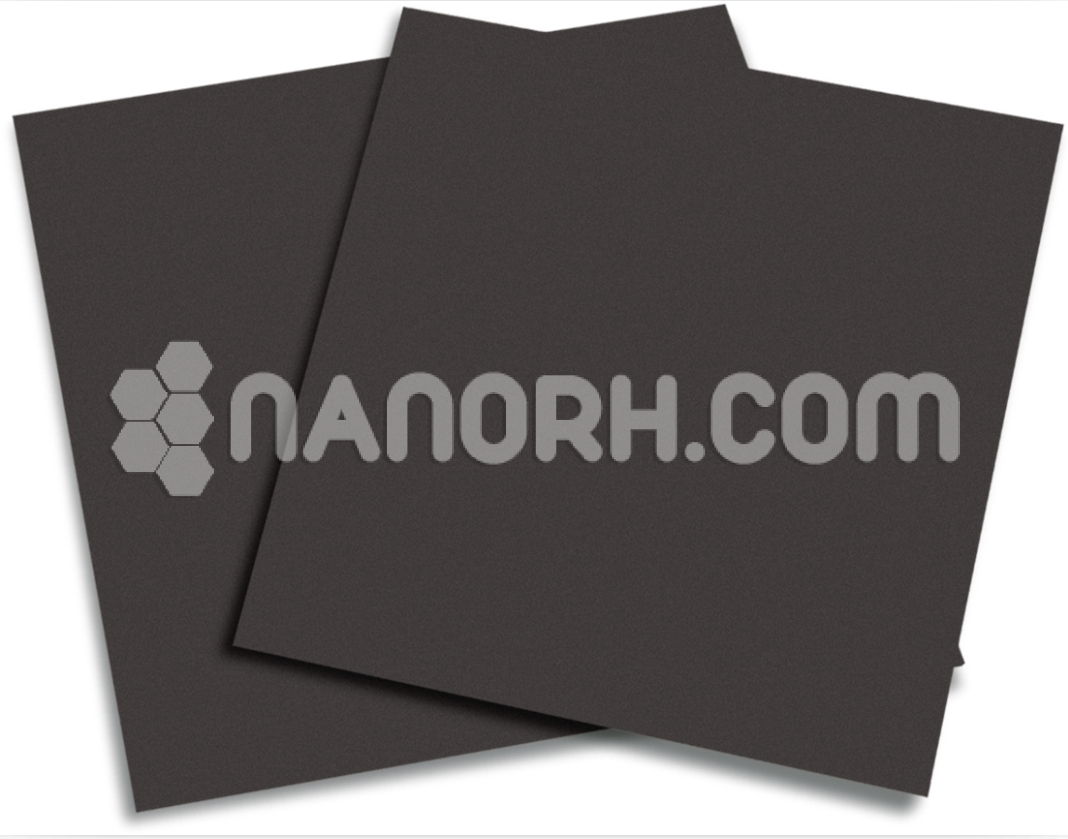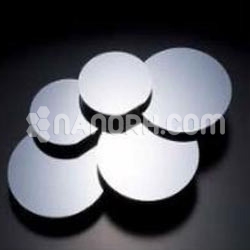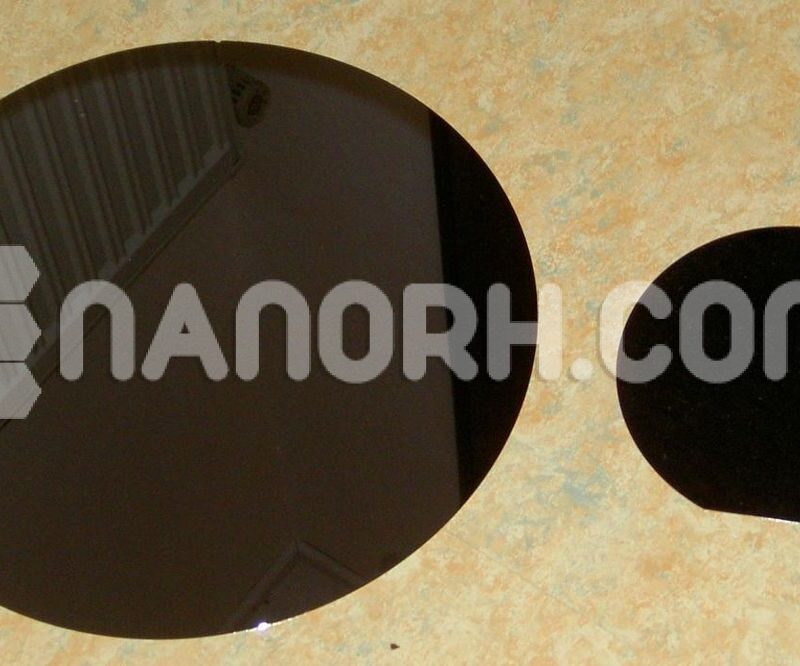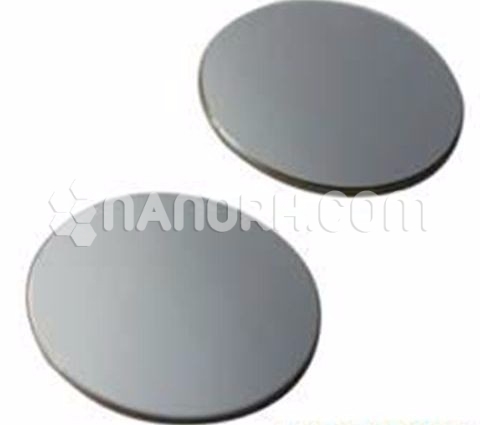| Thermally Expanded Graphite Film | |
| Product No | NRE-46012 |
| CAS | 7782-42-5 |
| Purity | NA |
| Hardness | 85 shore A |
| Density | 1.3 g/cm³ |
| Composition | Flexible Graphite |
| Color | Dark Grey |
| Thickness | 0.15mm |
| Thermal Resistance | 0.2 °C –in²/w |
| Thermal Conductivity | 300w/m.k (X-Y axis) |
Thermally Expanded Graphite Film
Introduction:
Thermally expanded graphite film is a versatile material made from natural graphite that has undergone a thermal expansion process. This involves heating graphite flakes to high temperatures, causing them to expand and form a flexible, lightweight film. The result is a material that exhibits excellent thermal conductivity, electrical conductivity, and chemical resistance. Its unique properties make it suitable for various demanding applications across multiple industries.
Applications
Thermal Management:
Heat Spreader: Used in electronic devices (e.g., CPUs, GPUs) to efficiently dissipate heat, improving performance and reliability by preventing overheating.
Thermal Interface Materials (TIMs): Serves as TIMs between heat-generating components and heat sinks, enhancing thermal conduction and ensuring effective heat transfer.
Battery Applications:
Employed in lithium-ion batteries to manage heat during charge and discharge cycles, improving efficiency and safety by preventing thermal runaway.
Sealing Solutions:
Utilized in gaskets and seals for high-temperature and chemically aggressive environments, such as in automotive and aerospace applications, ensuring leak-proof operation.
Electrical Applications:
Applied in conductive pads and components, providing reliable electrical conductivity in various electronic devices and systems.
Nuclear Applications:
Used in nuclear reactors as a moderator material, where it effectively slows down neutrons while minimizing absorption.
Automotive Components:
Integrated into thermal management systems for electric and hybrid vehicles, helping to regulate temperatures in batteries and power electronics.
Industrial Equipment:
Used in machinery and equipment where effective heat dissipation is crucial for performance and reliability.
Consumer Electronics:
Incorporated in smartphones, tablets, and other devices to enhance heat dissipation and improve user experience.




